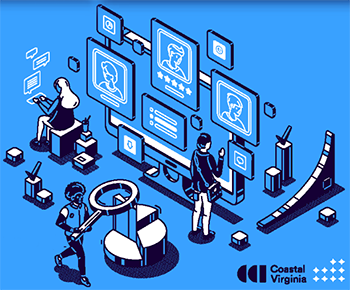Abstract
The Internet of Things (IoT) has transformed how our day to day lives by implementing and evolving technology that allows data to be exchanged between interconnected devices without the need for human involvement. This paper investigates the implications of IoT expansion and development in corporate organizations, focusing on both the opportunities and challenges it brings. IoT encompasses a wide range of data kinds, from sensor readings to user interactions, across industries such as manufacturing, healthcare, and retail. However, greater connection raises ethical and legal challenges, especially over data privacy, ownership, and control. Potential breaches of privacy and illegal data access by IoT devices raise ethical concerns, necessitating the implementation of comprehensive data governance structures. Compliance with data protection standards, such as the General Data Protection Regulation (GDPR) and the California Consumer Privacy Act (CCPA), is critical, but it also presents obstacles due to their complexity and substantial operating expenses. While GDPR and CCPA improve privacy protections and responsibility, their strict penalties for noncompliance may burden businesses.
Faculty Advisor/Mentor
Peng Jiang
Document Type
Paper
Disciplines
Business Law, Public Responsibility, and Ethics | Science and Technology Studies
DOI
10.25776/dxtr-vj53
Publication Date
4-12-2024
Upload File
wf_yes
Included in
Business Law, Public Responsibility, and Ethics Commons, Science and Technology Studies Commons
The Ethical and Legal Implications of IoT Data in Business Organizations
The Internet of Things (IoT) has transformed how our day to day lives by implementing and evolving technology that allows data to be exchanged between interconnected devices without the need for human involvement. This paper investigates the implications of IoT expansion and development in corporate organizations, focusing on both the opportunities and challenges it brings. IoT encompasses a wide range of data kinds, from sensor readings to user interactions, across industries such as manufacturing, healthcare, and retail. However, greater connection raises ethical and legal challenges, especially over data privacy, ownership, and control. Potential breaches of privacy and illegal data access by IoT devices raise ethical concerns, necessitating the implementation of comprehensive data governance structures. Compliance with data protection standards, such as the General Data Protection Regulation (GDPR) and the California Consumer Privacy Act (CCPA), is critical, but it also presents obstacles due to their complexity and substantial operating expenses. While GDPR and CCPA improve privacy protections and responsibility, their strict penalties for noncompliance may burden businesses.


